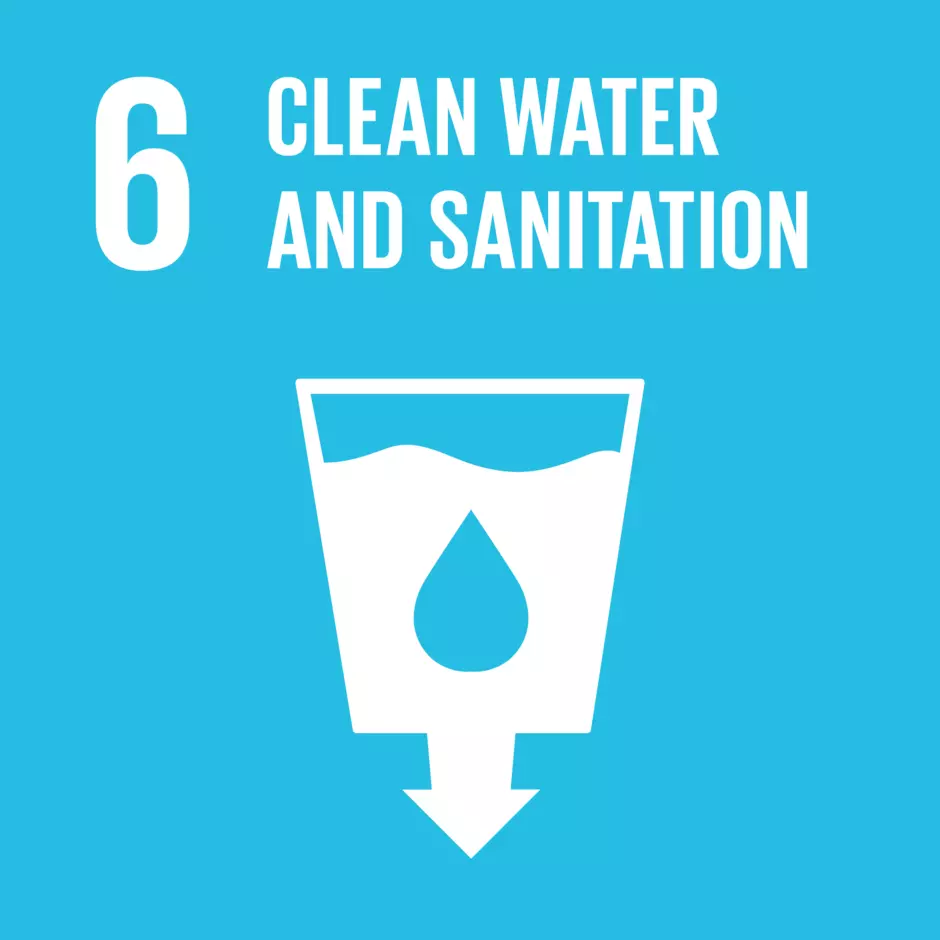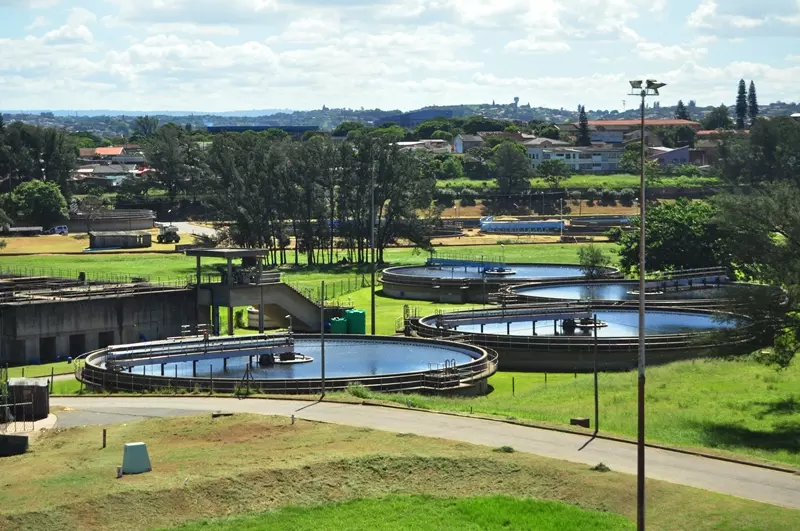Sustainable Development Goal No 6 aims to ensure availability and sustainable management of water and sanitation for all. Sadly, across the world more than 3.6 billion people do not have access to a safely managed sanitation service (WHO/UNICEF 2021).
Clean water is essential for life. Those without access to a toilet, or proper sanitation are forced to defecate out in the open. As a result, this human waste is often transferred back into water resources. Contaminated water is then later consumed and can result in the transmission of various water-borne diseases such as cholera, diarrhoea and dysentery. Some 842 000 people are estimated to die each year from diarrhoea as a result of unsafe drinking-water, sanitation and hand hygiene. (WHO / Africa Region)
It is clear then that lack of access to water and sanitation is a public health threat. This World Toilet Day , we are reminded to value the simple toilet. Today, nearly half the world’s population live without a 'safely managed sanitation service': a toilet, not shared with other households, that either treats or disposes of human waste on site, stores it safely to be emptied and treated off-site, or connects to a functioning sewer.
Veolia, through its commitment to the Sustainable Development Goals, aims to contribute to human progress and help to achieve a better and more sustainable future for all. In Africa, water and sanitation is not a small problem, it is in fact a major crisis. Veolia contributes to building sustainable solutions in places lacking the necessary infrastructure with the goal of improving hygiene conditions and providing access to water and sanitation for disadvantaged communities.

Since 2001, Veolia has recycled wastewater produced by the city of Durban in South Africa, producing water fit for reuse by local industries.
This has resulted in:
- A reduction in the overall industrial consumption of potable water and a decrease in the amount of treated sewage being released into the environment.
- Conservation and sustainable development of the area's water resources
- Reduction of water demand
- Innovative use of water treatment processes and technologies
- Improved Durban resident's access to clean water

At a time when the world is facing the biggest public health crisis in decades, investment in water and sanitation is not only cost-effective, but ensures access for the most vulnerable people.


